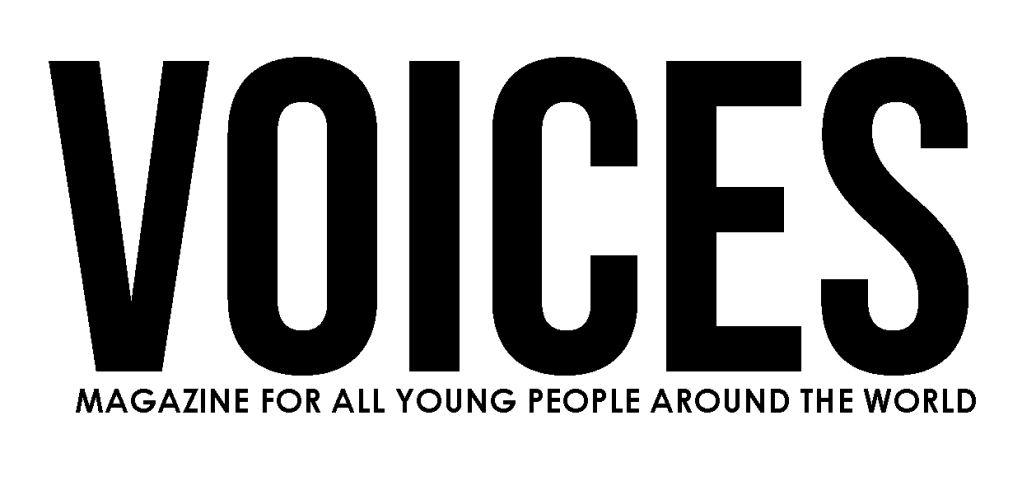The term “Cancel Culture” has been around for several years but became particularly popular in the United States in 2019 and 2020. The phrase was used to describe a growing trend of individuals and groups calling for boycotts or other forms of punishment against public figures who have said or done something controversial or offensive. This can include demands for individuals to be fired from their jobs, losing sponsorships or public platforms, or facing public humiliation and condemnation.
The concept of “cancel culture” or the act of “cancelling” someone is a relatively new phenomenon. It originated from the song “Your Love is Cancelled” by Nile Rogers in 1981 and was later used in the 1991 film New Jack City. In the 90s and early 2000s, the phrase continued to be used in music and YouTube videos. However, it gained more widespread attention when it was mentioned in a 2014 episode of the reality TV show Love and Hip Hop. Since then, the term has been frequently used on social media platforms, particularly on Black Twitter, both seriously and humorously.
The term “cancel culture” gained renewed attention during the #MeToo movement, as several high-profile individuals, including Harvey Weinstein, Kevin Spacey, Louis C.K, and R. Kelly, were “cancelled” following allegations of sexual abuse. Since then, “cancel culture” and the act of “cancelling” have become more commonly used in everyday language. The phrase “to cancel” was added to the official Merriam-Webster dictionary in January 2021.
Cancel Culture has become a controversial and often polarizing topic. While on the one hand proponents argue that it is a necessary tool for holding powerful individuals and institutions accountable for their actions and promoting social justice, on the other hand, critics claim the effect on free speech and open discourse, as individuals may self-censor out of fear of being targeted and silenced.
“The problem with cancel culture is that it doesn’t teach people anything. Instead, it leaves them afraid to speak, afraid to question, and afraid to learn” states J.K. Rowling, author of Harry Potter. She herself has been “cancelled” since 2020, facing criticism and boycotts from a part of her fan community after she posted transphobic comments on Twitter.
While I don’t think that cancelling someone should be your first choice of action when confronted with opinions, actions, or values – open dialogue and discussions, an attempt to understand each other and find some common ground is always preferable – there are simply some situations when you are not left with any other choice. The concept of boycotting to raise awareness for an issue, and to make your voice heard is not new and it is very necessary.
Cancel Culture can be a catalyst for change. When companies or individuals face public backlash for their actions or statements, it can serve as a wake-up call and spur them to make changes. It allows marginalized groups to hold those in power accountable for their actions. Historically, many marginalized groups have been excluded from traditional power structures and have had few avenues for recourse when they face discrimination or oppression. Cancel Culture can provide a way for these groups to have a voice and pressure those in power to listen and make changes. For example, the #MeToo movement has used Cancel Culture to call out powerful men in Hollywood and other industries who have engaged in sexual harassment or assault. In these cases, Cancel Culture has been instrumental in bringing about accountability and justice.
However, critics of Cancel Culture argue that it can have a negative impact on free speech and discourse. When individuals face the threat of being “cancelled” for expressing their views, it can create a climate of fear and self-censorship. This can lead to a narrowing of public discourse and a reluctance to engage with controversial or sensitive topics.
Freedom of speech is an essential human right that should be protected. However, it should not be used as a shield to protect hate speech and discrimination. There should be limits on speech that promotes violence, hatred, and discrimination towards others. At the same time, it is important to protect legitimate speech, which allows for open dialogue and debate. By striking a balance between freedom of speech and discrimination and hate speech, we can create a more tolerant and respectful society for all.
If there would be such a safe space for discussion in our society and people would were more open to constructive criticism instead of seeing it as a personal attack, I think the need for such drastic measures as boycotting would be reduced immensely.
The Cancel Culture is not the root of the problem, it is the lack of a safe and sustainable debate culture. Cancel Culture in my eyes is merely a last resort for coping with the lack of constructive communication and the attempt to make voices heard that are not listened to otherwise.
The first step to solving this problem is taking a step back, reflecting on our own communication behaviour and trying to listen more.
Angelina Berndt


Leave a comment